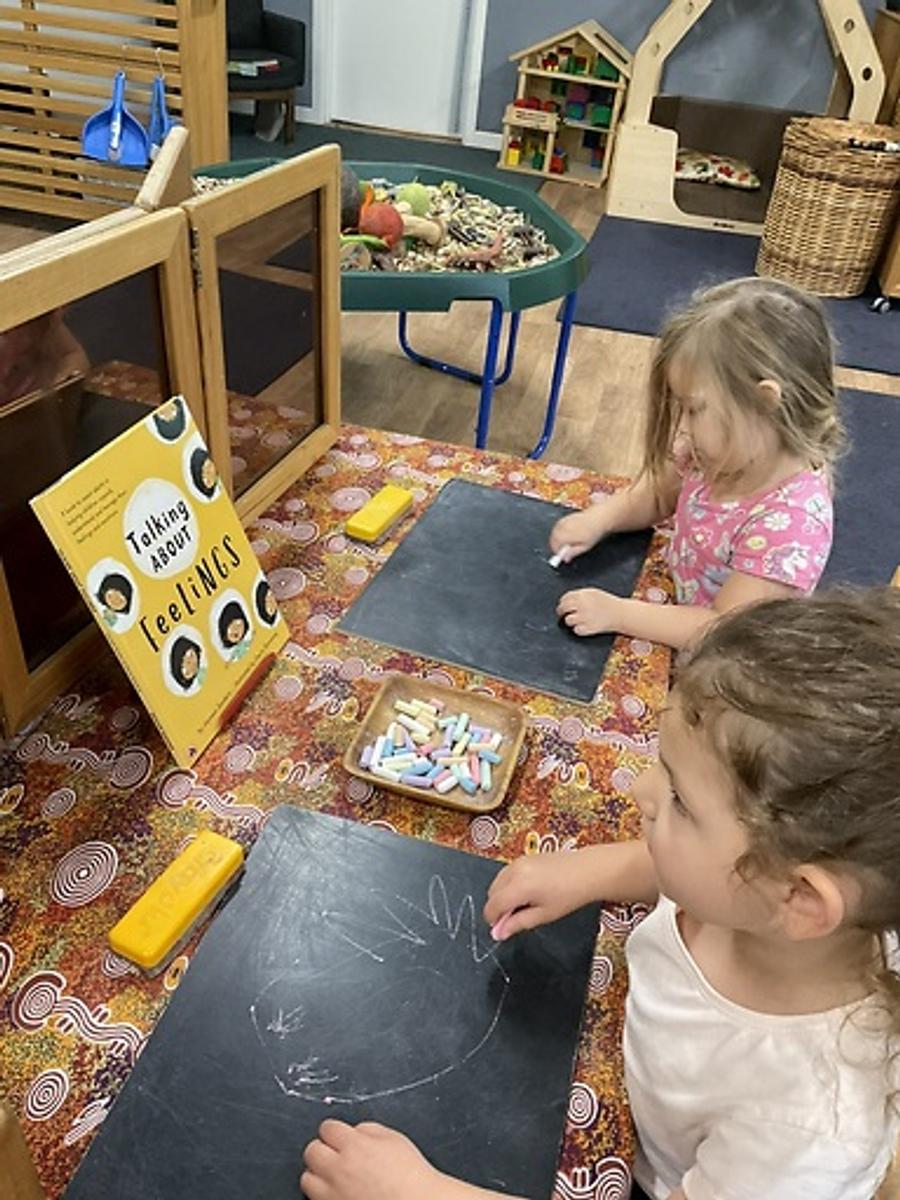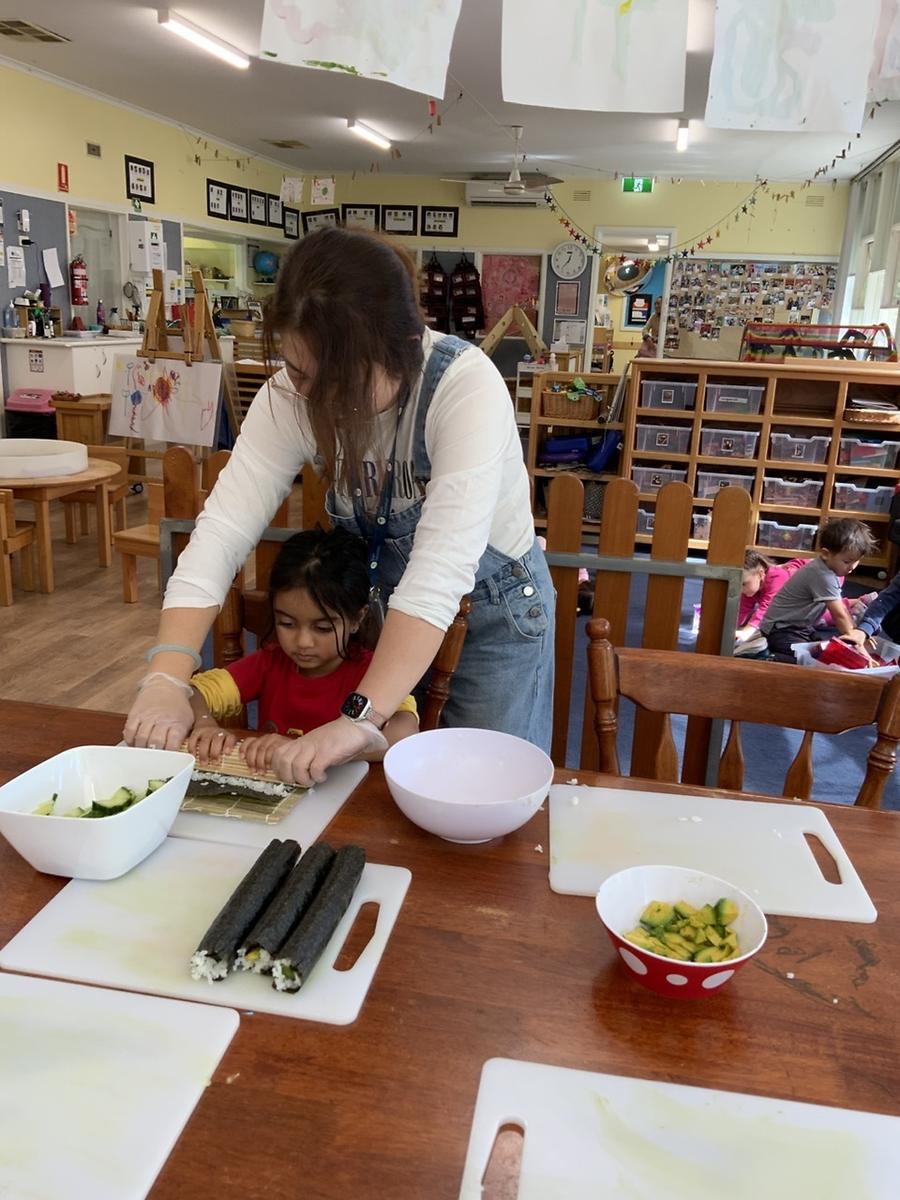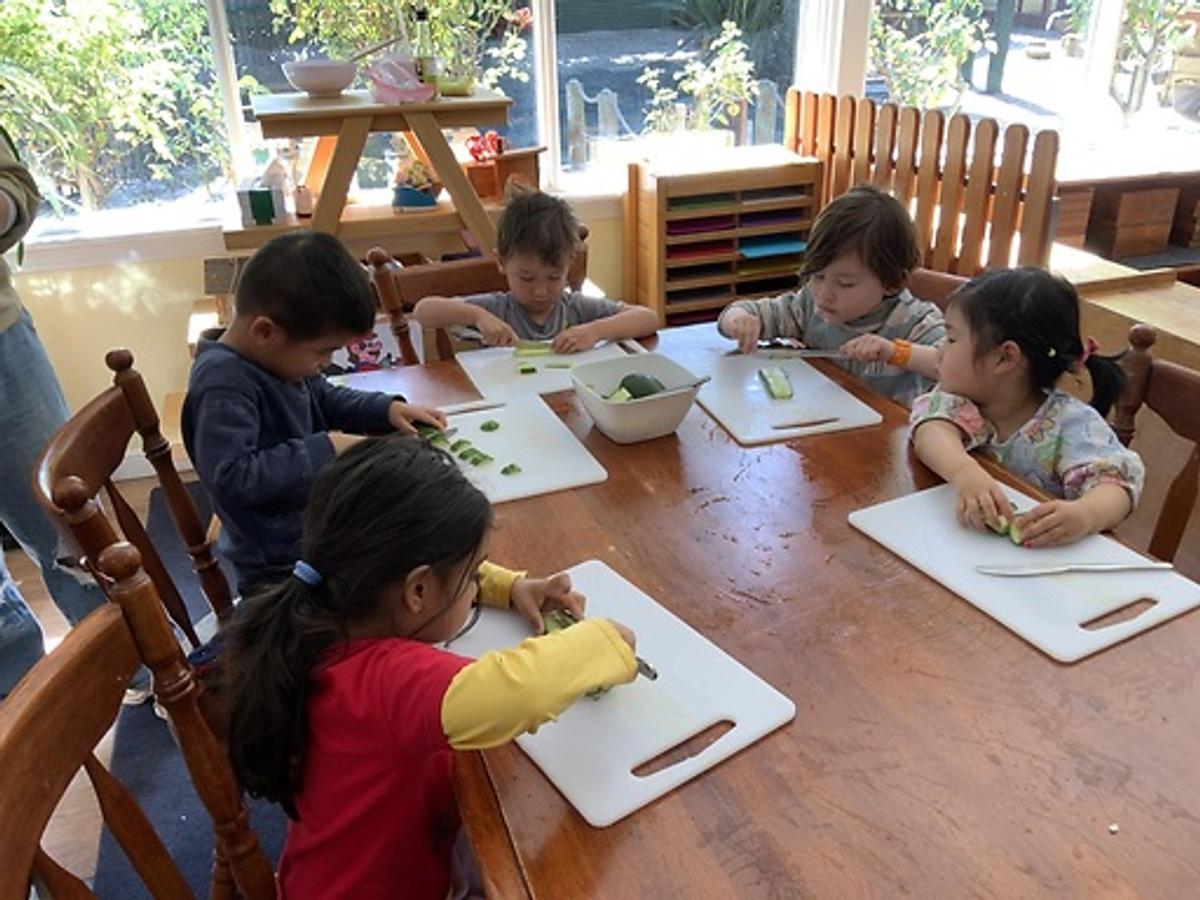Glen Education Centre Road

Curious Explorers
By Zoe Zhu, Early Childhood Educator
At Glen Education Centre Road Kindergarten, we respect our children as confident learners, compassionate friends and curious explorers. So, we’re celebrating children’s natural curiosity, fostering sustainability, embracing cultural diversity, supporting social-emotional growth, and strengthening community ties. Let’s explore how these pillars come to life in our kinder!
Igniting Curiosity About Our World
Curiosity is one of the most powerful drivers of learning. From the moment children are born, they are naturally inclined to explore their world, ask questions, and seek answers. Curiosity isn’t just a trait—it’s the gateway to lifelong learning. As educators, it’s essential to nurture this natural curiosity to ensure that children develop into independent thinkers, problem-solvers, and lifelong learners.
Educators act as guides, nurturing curiosity by providing open-ended materials and inviting children to lead their discoveries. This approach not only builds scientific literacy but also cultivates a lifelong love for learning, empowering children to see their world as a place of endless possibility.
Growing Green: Sustainability in Action
"Living sustainably means living within the capacity of the natural environment to support life and ensuring our current lifestyle has minimal impact on generations to come. Sustainable practices relate not only to the natural environment, but also our society and culture, including aspects such as consumerism and community well-being." (ACECQA 2016)
We are contacting with Oakleigh Bunnings to organize excursions, pick up some plants and have them to our kinder to plant with our children together in term 2.
Celebrating Cultural Diversity
Cultural diversity in early childhood is when children from different backgrounds learn about and respect other people's cultures. It means that young children are aware of the differences that make each person unique, including different skin and hair colors, language, traditions and customs and the way they relate to their heritage. Teaching young children about people with Culturally and Linguistically Diverse (CALD) backgrounds builds them up to be more empathetic, respectful and inclusive adults. This may be done in several ways, such as reading books about different cultures or with characters from a CALD background, celebrating cultural events or having room displays and activities about where each child comes from.
Cultural competence is a key part of the Early Learning Years Framework (ELYF). It falls under the “Practice” outcome, which lies under the larger framework of “Belonging, Being and Becoming”. The ELYF defines cultural competence as “a set of congruent behaviors, attitudes and policies that come together in a system, agency, or among professionals that enable them to work effectively in cross-cultural settings.” (Tong and Cross in VACCA 2008, quoted on p. 23, in the Educators’ Guide to the EYLF, p. 21). Values such as respect for diversity, fairness, truth, equity and social justice underpin cultural competence in the ELYF.
Nurturing Hearts: Social-Emotional Development
The social and emotional domain is essentially about how our mind and body navigate our life energy so we can stay connected with others. Our lives are full of relationships—some great, and some not so great. As such, children and young people need to learn how to understand their own thoughts and feelings and how to use them as they connect with others in social situations.
We encourage our children to openly express their feelings by using picture cards, color zones, drawing and painting, and emotional blocks. The beginning of empathy is when we start to feel or react to what another person is feeling and respond appropriately to the other person’s emotional state. Being able to connect with those around us emotionally helps us to build and strengthen our social bonds.
Working with Our Community
Community plays an essential role in the development of children, influencing their social, emotional, and academic growth. At its core, a community is a network of relationships that provides support, security, and opportunities for interaction.
For children, being part of a community helps build a foundation for their future by fostering a sense of belonging, identity, and emotional well-being.



